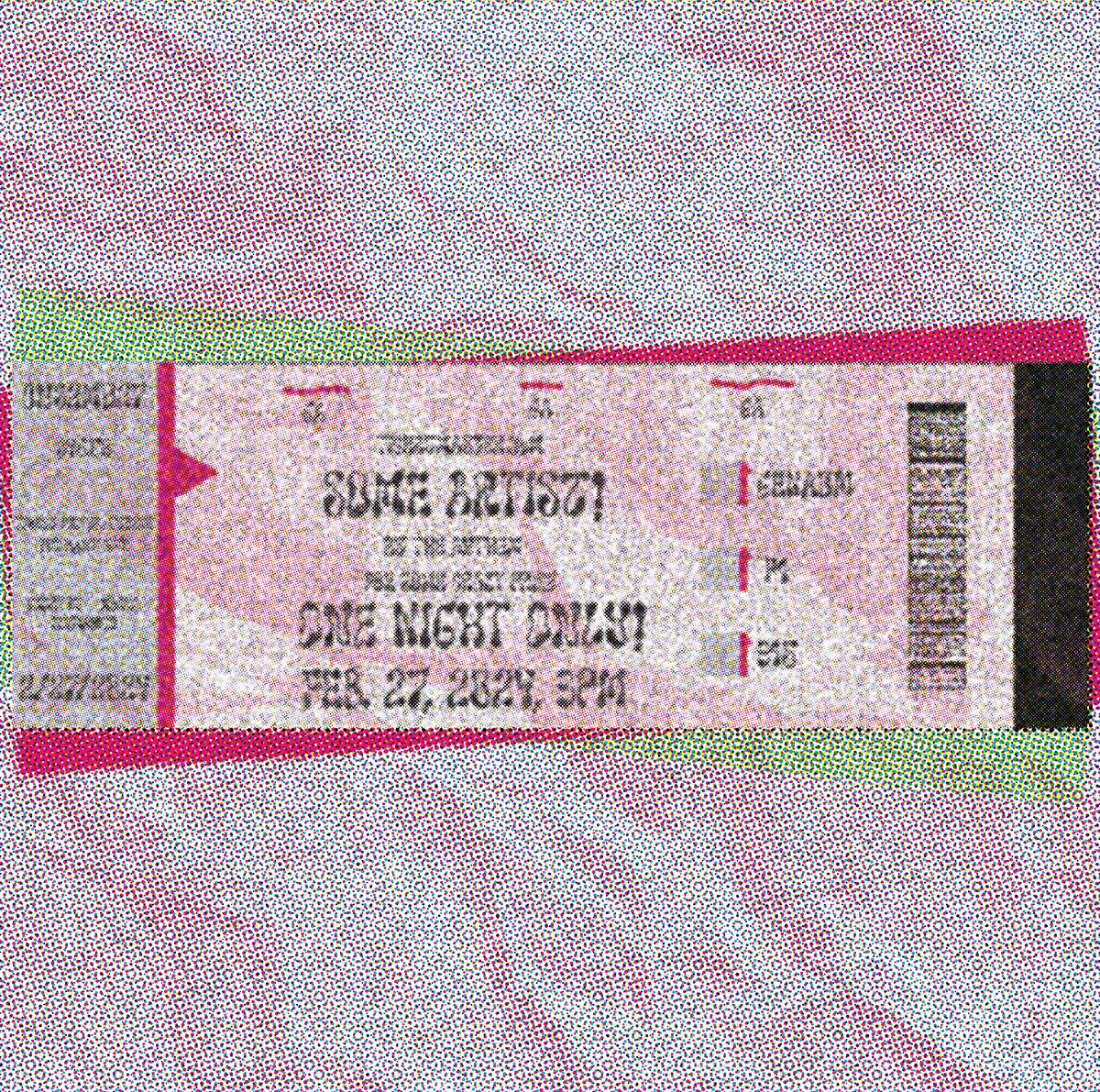Twenty-four thousand, six hundred and ninety four dollars. That’s how much one ticket cost on Vivid Seats for Hozier’s upcoming Merriweather Post Pavilion show in May. The original price for a seat at the sold-out show was $99, according to I.M.P. Concerts, the production company that owns Merriweather.
Resale price gouging is nothing new. High demand and low supply for concerts allow the secondary reseller market to thrive, capitalizing off of fans’ desire to see their favorite artist live. Resale tickets are sold for hundreds, even thousands of dollars more than the originals. The issue has recently gained the attention of Maryland legislators.
“There’s this perception that these issues really only impact these top-tier, big, high-demand stadium events… but this is a practice that is reaching out, down into the smallest scale clubs and events,” said Kevin Erickson, Director of the Future of Music Coalition.
Price gouging is not just affecting massive sold out shows like Taylor Swift’s Eras Tour, where resale tickets sold for as high as $20,000, but permeating into local concerts and smaller, independent venues. Tickets for shows at Washington, D.C. venues like 9:30 Club and even the Atlantis, I.M.P. ‘s smallest venue, are being resold for hundreds, if not thousands, more than those on the venue’s site.
“The artist works really hard to come up with the right price for their tickets,” said I.M.P. Communications Director Audrey Fix Schaefer, “So it hurts the artist, but also the fans because they’ve been separated from their money, and then the idea of buying merch or food and drinks at the venue is hard — that’s where we make our money.”
The National Independent Talent Organization (NITO), a group representing independent managers and booking agencies, published a study centered around resale tickets for The Cure’s 2023 North American Tour.
The study found that even for shows that weren’t sold out, tickets were still being posted on resale sites with inflated prices. Due to search engine optimization used by sites like StubHub and Vivid Seats, these pricier tickets show up at the top of the page when fans search for them. On average, buyers were charged 203% of the original value on these secondary markets.
To combat this, I.M.P. has employed the use of verified exchanges, which allow fans to buy tickets as close to face value as possible for sold out shows. For shows at the Washington, D.C. venue The Anthem, they’ve used Lyte, a service which allows tickets to be listed at face value and resold back to fans.
One smaller primary ticketing service, DICE, which is used by venues like Songbyrd Music House and Metro Baltimore, has a waitlist system built in for sold-out shows whereby fans can put their tickets up for people on the waitlist to buy at face value.
The NITO study’s findings prove that these face value exchanges help keep prices fair for fans. It compared resale profits of tour stops in states that allowed resale restrictions to those that do not.
At the Cure’s Chicago show, the resale market made $528,858 in profits off of 1,832 tickets. In California, where ticket price inflation is banned unless the approved consent of the venue is given, only 20 tickets were resold for their Los Angeles show, with around $31,000 in profits.
“With facilitating the fan-to-fan resale, it seems like the data shows us that it is a strategy that works in keeping ticket prices down,” said Erickson.
Activists in the live events and music industries have been fighting for reform at the state level, supporting two bills moving their way through Annapolis: Senate Bill 539 and House Bill 701, which would regulate the reselling of tickets for concerts, sports matches and other live events. For third-party vendors like StubHub, as well as individuals who wish to resell their tickets, the legislation limits the amount of profit that can be made off of the sale.
“If this piece of legislation passes and becomes a law like I truly hope it will, it will be the national standard for consumer protection when it comes to concert ticket buying,” said Fix Schaefer. “There is nothing as staunchly pro-consumer as this.”
The bills place rules on resellers— requiring that the full ticket price must not exceed the original price, must include any fees and taxes in the price transparently and that any reseller fees cannot be more than 10% of the original price. They also ban the sale of speculative tickets, or tickets which the reseller does not yet possess.
The bills have met resistance from some season-ticket holders who say they would harm their right to transfer tickets and make a profit when they miss a game.
Fix Schaefer believes that if the bills are passed, it will attract artists to come to Maryland venues like Merriweather over other stages in nearby states.
“This is a piece of legislation that, to me, is completely binary,” she said. “Either you are for protecting consumers in a ticket buying experience, or you’re for protecting scalpers who want to profit off of them.”
Both the State House and Senate have held hearings for the bills this month, and supporters are hopeful for the future of ticketing.
“The fact that there’s so much lock-step agreement among the artist community on these issues, that everybody is on the same page about the policy interventions we want to see, is very exciting,” said Erickson. “We have the largest and most invigorated coalition that we’ve ever had.”

